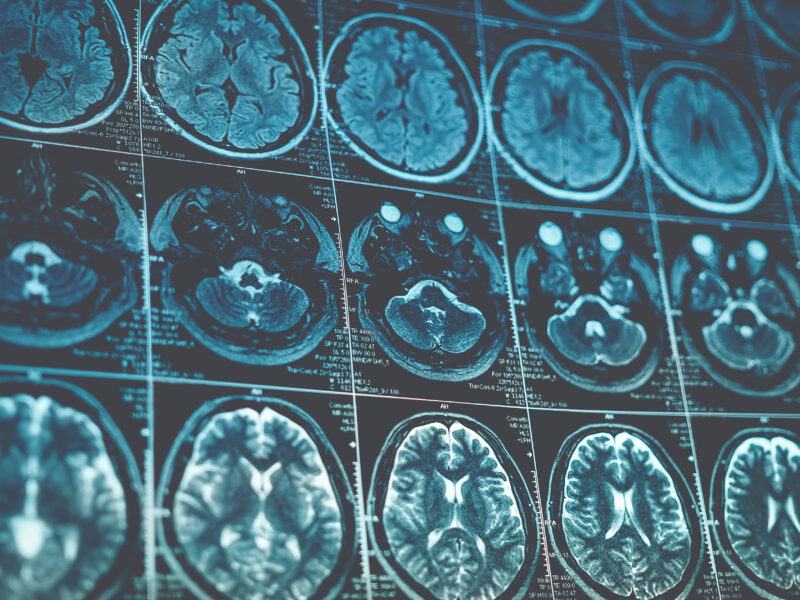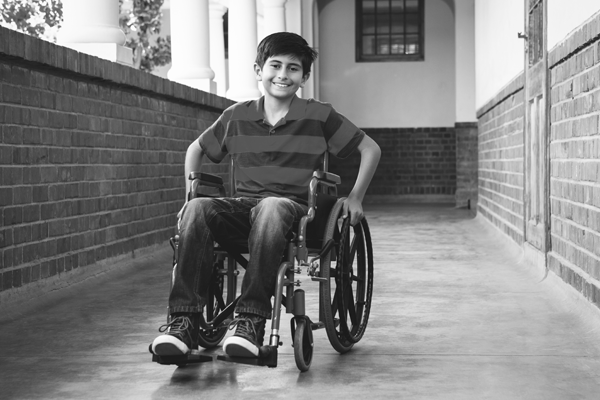Cannabidiol May Reduce Drug-Resistant Seizures by Half
Cannabidiol May Reduce Drug-Resistant Seizures by Half https://pediatricsnationwide.org/wp-content/themes/corpus/images/empty/thumbnail.jpg 150 150 Brianne Moore Brianne Moore https://pediatricsnationwide.org/wp-content/uploads/2021/03/Brianne-Moore.jpg- September 05, 2017
- Brianne Moore
Two studies demonstrate clinically significant response to oral liquid cannabidiol over placebo.
Two recent studies – one published in The New England Journal of Medicine and one presented at the 2017 American Academy of Neurology annual meeting – indicate that a new plant-based, cannabis-derived treatment may be able to decrease the incidence of seizures in two complex childhood epilepsy disorders, Dravet syndrome and Lennox-Gastaut syndrome.
“If this medication is approved, it will become the only FDA-approved treatment for Dravet syndrome in the United States,” says Anup Patel, MD, a member of the Division of Neurology at Nationwide Children’s Hospital and an author of the two studies. “And while there are FDA-approved treatments for Lennox-Gastaut syndrome, we’re adding to the literature and hope to make another treatment option available that works for patients.”
Cannabidiol is a purified derivative from the cannabis plant, without any of the psychoactive properties normally associated with the plant. Both studies demonstrated that at least 40 percent of participants taking oral doses of liquid cannabidiol experienced more than a 50 percent reduction in seizures compared to participants on placebo.
“Until now, there’s never been a double-blind placebo controlled study that showed effectiveness for children and adolescents with Dravet syndrome. The vast majority of kids and families from these trials have voluntarily transitioned into an open-label study, meaning they’ve seen enough benefits in their kids to continue the treatment they received during the trial,” says Dr. Patel, who is also an associate professor of Clinical Pediatrics and Neurology at The Ohio State College of Medicine.
“Greenwich Pharmaceuticals, the developer of cannabidiol, plans to submit a New Drug Application to the Food and Drug Administration so that cannabidiol can be prescribed to any patient with Lennox-Gastaut syndrome or Dravet syndrome. We want families to have another potential helpful kind of option,” adds Dr. Patel.
Overall patient conditions in the Dravet syndrome study improved in 62 percent of cases where the patient was taking cannabidiol, according to the Caregiver Global Impression of Change scale. While most Lennox-Gastaut syndrome and Dravet syndrome patients have developmental delays due to their high incidence of seizures, parents reported that their children were more alert, calmer and paid more attention.
Dr. Patel and his team are currently studying cannabidiol effects on infantile spasms in children 2 years of age and younger. They’ve recently started to enroll patients.
“We hope that the work we’re doing here will lead to a safe and consistent medicine that providers and parents can believe in, that won’t require desperate parents to go outside the medical community for treatment,” says Dr. Patel. “I think that’s really why we did what we did. If this gets FDA approved, these kids and their parents have a lot to be proud of as they helped make this a reality.”
References:
- Patel, A, Devinsky O, Cross JH, Villlanueva V, Wirrell E, VanLandingham K, Roberts C, Checketts D, Zuberi S. Cannabidiol (CBD) significantly reduces drop seizure frequency in Lennox-Gastaut syndrome (LGS): results of a dose-ranging, multi-center, randomized, double-blind, placebo-controlled trial (GWPCARE3). American Academy of Neurology 69th Annual Meeting; 2017 April 18; Boston.
- Devinsky O, Cross JH, Laux L, Marsh E, Miller I, Nabbout R, Scheffer IE, Thiele EA, Wright S; Cannabidiol in Dravet Syndrome Study Group. Trial of cannabidiol for drug-resistant seizures in the Dravet syndrome. The New England Journal of Medicine. 2017 May 25;376(21):2011-2020.
About the author
Brianne is interning as a science writer and editor for Clinical & Research Communications at Nationwide Children's Hospital. She contributes to a variety of publications, including Pediatrics Nationwide and PediatricsOnline.
-
Brianne Moorehttps://pediatricsnationwide.org/author/brianne-moore/
-
Brianne Moorehttps://pediatricsnationwide.org/author/brianne-moore/
-
Brianne Moorehttps://pediatricsnationwide.org/author/brianne-moore/
-
Brianne Moorehttps://pediatricsnationwide.org/author/brianne-moore/September 19, 2016
- Posted In:
- In Brief







